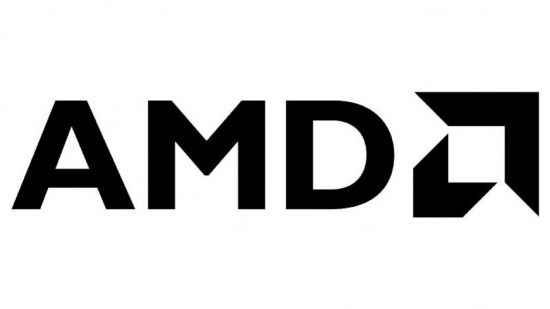A link on Twitter by Momomo_us leads to an entry in the Geekbench database and now here we are, looking at the benchmarks for the 3rd generation Ryzen Threadripper, codenamed Sharktooth, which is apparently some kind of monster.
The Sharktooth in the test is running 32 cores with 64 threads. The base clock speed sits at 2.2GHz but the boosted clock is up at 4.17GHz. There is 16MB of L2 and 128MB of L3 cache. This means the cache size is up considerably although the clock speed appears to be down on the 2nd generation Threadripper 2990WX, which runs at 3.0GHz and 4.2GHz. It’s not like we should take a clock speed popping up on the internet in a database as set in stone with an unreleased chip of course, but the implication is that the Sharktooth isn’t breaking sweat.
This potential for a discrepancy in the clock speeds becomes more interesting when looking at the performance numbers that the chip apparently lays down. The single core score for the aforementioned 2nd generation 2990WX is 4034 with a multicore score of 27665, but the 3rd generation Threadripper brings 5523 in single core and 68576 in multicore. The performance improvement from a single core, potentially at a lower clock speed, is substantial and the performance jump in multicore is phenomenal.
Intel’s fastest multicore performer on these benchmarks is the Core i9-9960X and this manages to hit 49962, which is significantly less. It could be argued that Intel manages this with half as many cores, but it can equally be argued that when you come to a multicore benchmark fight you bring all the cores.
The 3rd generation Threadripper CPUs should be appearing this year along with new TR4 motherboards. If this benchmark score coming from those seemingly undercooked clock speeds is legitimate then the 3rd generation Threadrippers could be capable of some amazing performance.
